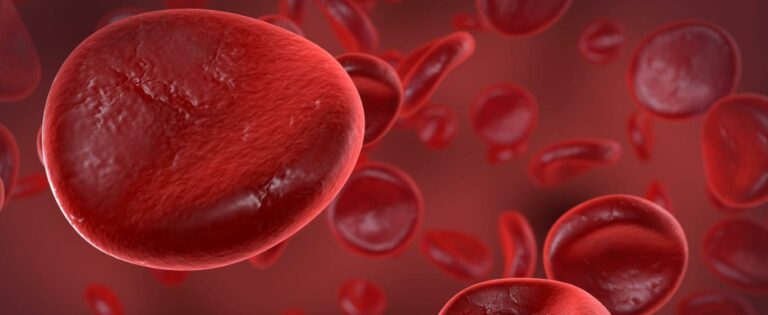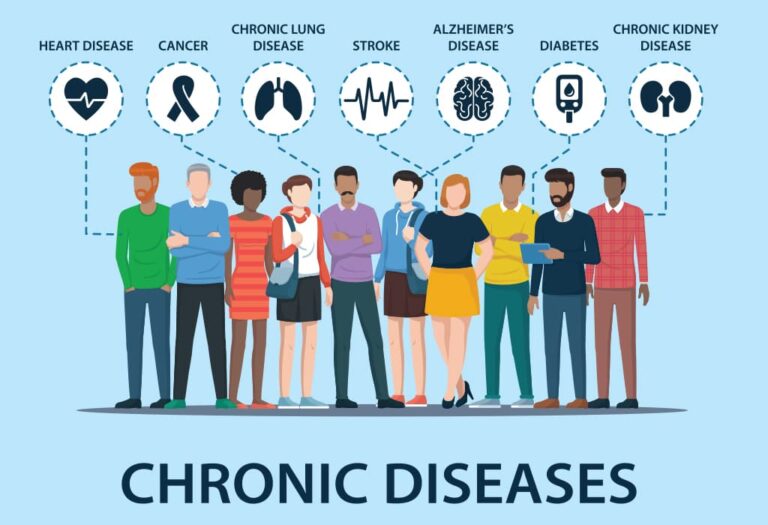Carbohydrate Metabolism Disorders: Discover It
Author: Giselle Robel
Giselle Robel
Category: Health
Tags: health, metabolism, disorders
Carbohydrate metabolism disorders are hereditary metabolic disorders. It occurs when parents pass the defective genes that cause these disorders on to their children. And also there are different types of inherited disorders.
In many hereditary metabolic disorders, both parents of the affected child carry a copy of the abnormal gene. Because there are usually two copies of the abnormal gene that are necessary for the disorder to occur, but in some cases usually neither parent has the disorder.
X-linked, is a hereditary metabolic disorder which means only one copy of the abnormal gene can cause the disorder and it’s in boys.
Carbohydrates are sugars. Some sugars are simple, and others are more complex. In addition, sucrose (table sugar) they are all made of two simpler sugars called glucose and fructose. Lactose (milk sugar) is made of glucose and galactose.
Both sucrose and lactose must be broken down into their component sugars by enzymes before the body can absorb and use them. The carbohydrates in bread, pasta, rice, and other carbohydrate-containing foods are long chains of simple sugar molecules.
These longer molecules must also be broken down by the body. If an enzyme that is needed to process a certain sugar is missing, that sugar can accumulate in the body, causing problems.
Understanding Carbohydrate Metabolism Disorders
Metabolism is the process your body uses to make energy from the food you eat.
Food is made up of proteins, carbohydrates, and fats. Chemicals in your digestive system (enzymes) break the food parts down into sugars and acids, your body’s fuel.
Your body can use this fuel right away, or it can store the energy in your body tissues. If you have a metabolic disorder, something goes wrong with this process.
Carbohydrate metabolism disorders are a group of metabolic disorders. Normally, your enzymes break carbohydrates down into glucose (a type of sugar). If you have one of these disorders, you may not have enough enzymes to break down the carbohydrates. Or the enzymes may not work properly.
Newborn babies get screened using blood tests. If there is a family history of one of these disorders, parents can get genetic testing to see whether they carry the gene. Other genetic tests can tell whether the fetus has the disorder or carries the gene for the disorder.
Treatments may include special diets, supplements, and medicines. Some babies may also need additional treatments if there are complications. For some disorders, there is no cure, but treatments may help with symptoms.
Types of Carbohydrate Metabolism Disorders
Carbohydrate metabolism disorders are errors of metabolism that affect the catabolism and anabolism of carbohydrates.
The inability to effectively use metabolites of carbohydrates accounts for the majority of these disorders.
And these disorders include the following:
- Fructose metabolism disorders – Fructose is an important source of dietary carbohydrates. The liver, kidney, and small intestine are the main sites of fructose metabolism.
- Fructose, given intravenously in high doses, is clearly toxic and causes hyperuricemia, hyperlactatemia, and ultrastructural alterations in liver and intestinal cells.
- Prolonged fructose ingestion in infants leads to poor feeding, vomiting, hepatomegaly, jaundice, hemorrhage, proximal renal tubular syndrome, and finally, hepatic failure and death.
- Patients develop a strong distaste for noxious food.
- Patients remain healthy on a fructose- and sucrose-free diet.
Other types of Carbohydrate Metabolism Disorders
- Galactosemia
- Galactosemia is a rare, hereditary disorder of carbohydrate metabolism that affects the body's ability to convert galactose (a sugar contained in milk, including human mother's milk) to glucose (a different type of sugar).
- However, early diagnosis and treatment with a lactose-restricted (dairy-free) diet is absolutely essential to avoid profound intellectual disabilityliver failure and death in the newborn period.
- Classic galactosemia and clinical variant galactosemia can both result in life-threatening health problems unless treatment starts shortly after birth.
- Glycogen storage diseases
- A disorder in which stored glycogen cannot be metabolized into glucose to supply energy and to maintain steady blood glucose levels in the body.
- However, excessive glycogen and fat in the liver and kidneys that can result in an enlarged liver and kidneys and growth retardation leading to short stature.
- As a result, these mutations resulting in enzyme deficiencies that block the glycogen breakdown in the affected organs, causing excess amounts of glycogen and fat accumulation in the body tissues and low levels of circulating glucose in the blood.
- The enzyme deficiency also results in an imbalance or excessive accumulation of other metabolites, especially lactates, uric acid and fats like lipids and triglycerides.
- Pyruvate metabolism disorders
- And it’s caused by a lack of the ability to metabolize a substance called Pyruvate.
- While these disorders cause a buildup of lactic acid and a variety of neurologic abnormalities.
- Pyruvate metabolism disorders occur when parents pass the defective genes that cause these disorders on to their children.
- Other carbohydrate metabolism disorders













